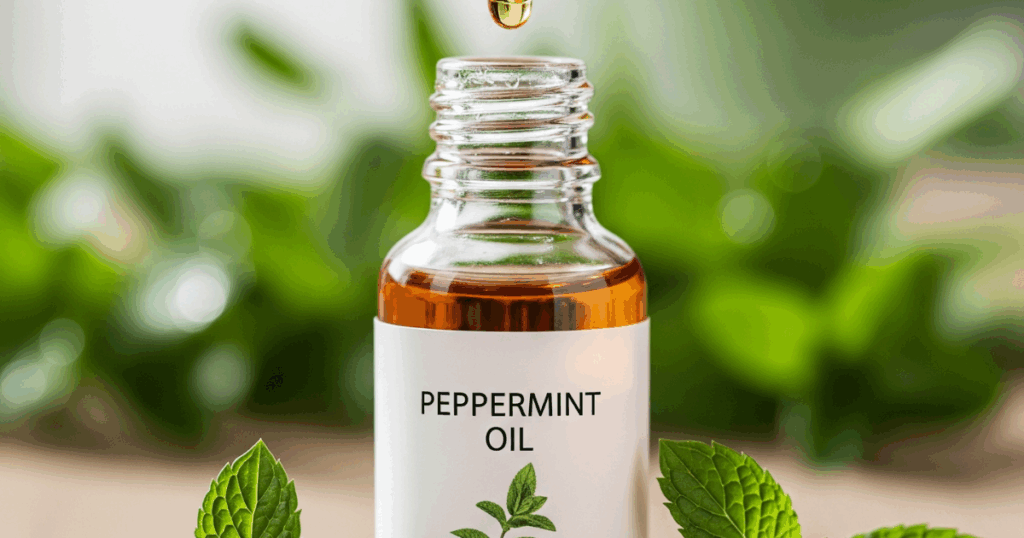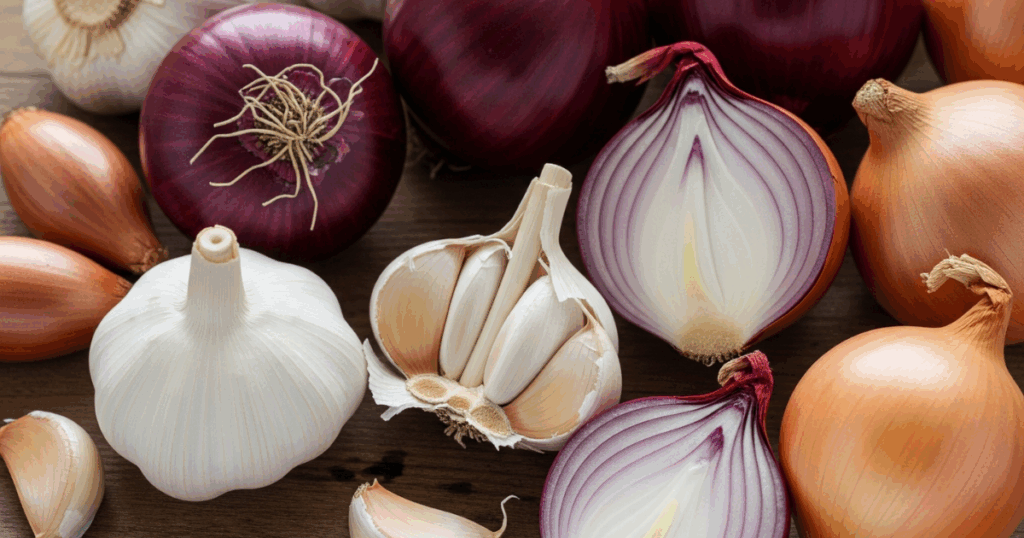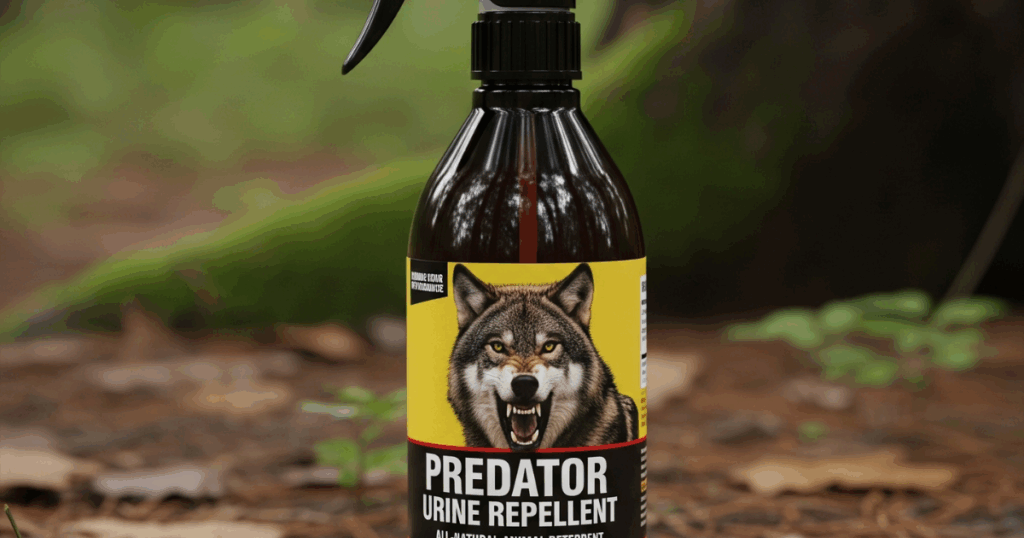Rats are resourceful, adaptable creatures, but one vulnerability stands out: their acute sense of smell. Discovering what smell do rats hate gives homeowners a natural, non-lethal edge in keeping these pests at bay. While traps and poisons are common solutions, targeted scents can serve as powerful deterrents, especially when used as part of a broader rat control strategy.
This guide will cover the science behind rat olfaction, which smells are most effective, practical ways to apply them, safety considerations, and how to integrate scent-based repellents with other preventive measures for long-term success.
Table of Contents
Why Do Rats Hate Certain Smells?
A rat’s sense of smell is its primary tool for navigating the world, finding food, and avoiding threats. Their olfactory abilities are far superior to those of humans, allowing them to detect the faintest traces of food and danger. This sensitivity, however, also makes them vulnerable to strong, unusual, or alarming odors.
What smell do rats hate most often falls into three categories:
- Overpowering essential oils (menthols, citrus, eucalyptus),
- Strong spices (garlic, cayenne, black pepper), and
- Chemical odors (ammonia, bleach).
Rats interpret these smells as signs of danger, discomfort, or environmental hostility, prompting them to avoid affected areas.
- This behavior is instinctive – a survival mechanism- which is why scent-based repellents can be so effective when used correctly.
- Rats are also highly social and communicate using scent trails, so overwhelming these pathways with unpleasant odors disrupts their routes and nesting behaviors.
- However, rats can become habituated to certain smells over time, so rotating repellents is crucial for sustained effectiveness.
Top 7 Smells That Rats Detest
Not all odors are equally effective, and some common myths about what smell do rats hate – like camphor or lavender- have limited scientific backing. Let’s dive deeper into what smell do rats hate by exploring why specific odors are effective and how you can use them at home.
1. Peppermint Oil

Why it works: The strong menthol aroma overwhelms rats’ sensitive noses, making treated areas unpleasant and confusing for them.
How to use: Soak cotton balls or pads in pure peppermint oil and place them near suspected entry points, behind appliances, or in dark corners. Replace every 7–10 days.
Safety note: While safe for humans, avoid letting pets, especially cats, directly ingest large amounts.
2. Eucalyptus Oil

Why it works: Its potent, medicinal scent is similar to peppermint in effectiveness but offers variety to prevent habituation.
How to use: Use diffusers in vulnerable rooms, or scatter fresh eucalyptus leaves in areas you want to protect (e.g., attic, basement).
Safety note: Eucalyptus can be irritating to some people and pets in high concentrations, use sparingly indoors.
3. Citrus Oils (Lemon, Orange, Grapefruit)

Why they work: The acidic, zesty scent is unpleasant to rats and masks the smell of food.
How to use: Place citrus peels in cabinets, drawers, and pantries. For broader coverage, spray a diluted citrus oil solution along baseboards and in crawl spaces.
Tip: Replenish peels or spray every week for continuous effect.
4. Garlic and Onion

Why they work: The sulfurous compounds in garlic and onion are naturally repellent to many pests, including rats.
How to use: Crush fresh cloves and place them near food storage, under sinks, or near burrows. For DIY sprays, blend garlic with water and spray entry points.
Tip: The smell fades quickly, replaced every 3 or 4 days for best results.
5. Spicy Scents: Cayenne, Chili, Black Pepper

Why they work: Capsaicin, the compound that makes peppers hot, irritates rats’ nasal passages and skin.
How to use: Sprinkle cayenne or chili powder along walls, in burrows, and around trash cans. Mix with water to create a spray for hard-to-reach areas.
Safety note: Avoid inhaling large amounts of powders, and keep away from pets’ faces.
6. Vinegar

Why it works: Its sharp, acidic odor masks scent trails and deters rats.
How to use: Wipe down surfaces with a 50/50 vinegar-water solution, or soak cotton balls in vinegar and place them in high-traffic areas.
Tip: Vinegar is safe for most surfaces but can damage stone and some metals over time.
7. Predator Urine

Why it works: The scent of predators like cats, foxes, and coyotes triggers a natural flight response in rats.
How to use: Commercial sprays are available for garden and perimeter use, apply according to label instructions, focusing on fences, sheds, and compost piles.
Tip: Not recommended for indoor use due to the strong odor and potential irritation.
The following table outlines the most reliably effective odors, their sources, and notes on practical use:
| Smell/Source | Why Rats Dislike It | How to Use | Safety and Notes |
| Peppermint oil | Overwhelms sensory receptors | Soak cotton balls, diffuse, spray | Safe for humans, avoid pets’ direct contact |
| Eucalyptus oil | Potent, irritating aroma | Fresh leaves, oil-soaked pads | Strong scent, may irritate humans/pets |
| Citronella oil | Sharp, lingering botanical scent | Spray, soak pads, candles | Commonly used in gardens and basements |
| Citrus oil (lemon, orange) | Zesty, acidic intensity | Rinds, oil, spray | Fresh peels or essential oil |
| Garlic | Sulfurous, pungent odor | Crushed cloves, powder, oil | Potent, good for burrows and entry points |
| Cayenne pepper | Capsaicin irritates nasal passages | Sprinkle powder, mix with oil | Avoid inhalation, keep from pets/children |
| Chili powder | Similar to cayenne, spicy heat | Sprinkle in burrows, along trails | Reapply after rain |
| Black pepper | Sharp, nose-tickling aroma | Whole or ground, sprinkle | Mildly effective, good in combinations |
| Vinegar | Acrid, acidic smell | Spray, soaked cotton balls | Safe, but can corrode some surfaces |
| Ammonia | Mimics predator urine, irritates | Dilute in water, spray, soak pads | Toxic fumes, use with extreme caution |
| Predator urine (cat, fox, coyote) | Signals danger, triggers flight | Commercial sprays, soaked pads | Use according to label instructions |
| Coffee grounds | Strong, masking odor | Place near food sources, entryways | May mask food smells, short-term |
| Sage, rosemary, lavender | Strong herbal, floral notes | Fresh/dried herbs, essential oils | Mildly effective, best in mixes |
3 Practical Ways to Use Rat-Repelling Scents
Understanding what smell do rats hate is only half the battle. Proper application is key to making these scents work in your home, garage, garden, or vehicle.
1. Entry Points and Perimeter Defense
- Identify and target rat entry points: Small gaps around doors, windows, pipes, and vents are prime locations.
- Soak cotton balls in essential oils (peppermint, eucalyptus, citronella) and place them at these spots. Replace every 1–2 weeks.
- Sprinkle cayenne or chili powder along walls, in burrows, and around potential nesting sites. Reapply after rain or cleaning.
- Use vinegar sprays to wipe down surfaces, especially where rodents travel or nest. A 50/50 mix of water and vinegar is effective and safe for most surfaces.
- Garlic cloves or powder can be tucked into corners, cabinets, or near food storage areas.
2. Protecting Cars and Stored Items
- Rats often nest in parked cars, especially during colder months. Place peppermint oil-soaked pads or coffee grounds under the hood and in the cabin.
- Protect stored goods: Add cedar shavings, dried citrus peels, or lavender sachets to boxes, drawers, and cabinets.
- Do not use mothballs: While effective, they release toxic chemicals harmful to humans and pets.
3. Outdoor and Garden Defense
- Plant mint, lavender, or citronella around the perimeter of your home and garden.
- Create a chili powder barrier around compost bins, garden beds, and sheds.
- Use predator scent: Commercially available fox or coyote urine can be sprayed around gardens and sheds to mimic natural threats.
Rotate scents regularly to prevent habituation. Rats may become accustomed to a smell if it’s always present, so switch between peppermint, citronella, and other options every few weeks. Replenish natural repellents often, as their potency fades with time.
Conclusion
Understanding what smell do rats hate gives you a natural, chemical-free way to discourage these pests from invading your space. Scents like peppermint oil, eucalyptus, garlic, and vinegar effectively disrupt rats’ comfort and routines. However, for best results, combine these odors with good sanitation, sealing entry points, and regular monitoring. Rotate repellents periodically to prevent rats from becoming accustomed to any single smell.
For comprehensive and hassle-free rat removal and long-term pest prevention, trust the professionals at Antipest Office. Visit us at the Antipest Office, Our trained technicians use safe and effective methods to protect your home and business. For service bookings and consultations, call us at +91 9819018398 .
What Smell Do Rats Hate? – FAQs
What smell do rats hate the most for home use?
Peppermint oil and eucalyptus are highly effective; soak cotton balls and place them near entry points and nesting areas to repel rats naturally and safely.
What smell do rats hate that can be used in gardens?
Plant mint, citronella, or lavender around your garden perimeter; their strong scents deter rats while adding greenery to your space.
What smell do rats hate that’s safe around pets and children?
Natural options like peppermint oil and citrus peels are generally safe, but always keep essential oils out of reach and avoid direct contact with pets.
What smell do rats hate that also masks food odors?
Fresh coffee grounds can help deter rats and cover up food smells; place them in pantries, garages, or near trash bins for dual effect.
What smell do rats hate for quick, temporary repellent?
Ammonia’s strong, pungent odor mimics predator urine and drives rats away, but use cautiously due to toxicity and fumes.
What smell do rats hate that works in cars and storage areas?
Place peppermint oil-soaked pads or dried citrus peels under seats and in storage boxes to keep rats from nesting in vehicles.
What smell do rats hate that can be found in the kitchen?
Garlic, cayenne pepper, and vinegar, common kitchen items, create strong odors rats avoid; use crushed cloves, sprinkle spice, or spray vinegar.
What smell do rats hate that is easy to reapply?
Essential oils like peppermint and citronella can be reapplied weekly by refreshing soaked cotton balls or using a diffuser in problem areas.
What smell do rats hate that signals danger to them?
Predator urine (cat or fox) and ammonia both mimic threats, triggering rats’ instinct to flee; use commercial predator-scent sprays as directed.
What smell do rats hate that should be used with caution?
Mothballs and bleach have strong odors but are toxic to humans and pets; avoid using them as primary rat repellents indoors.

